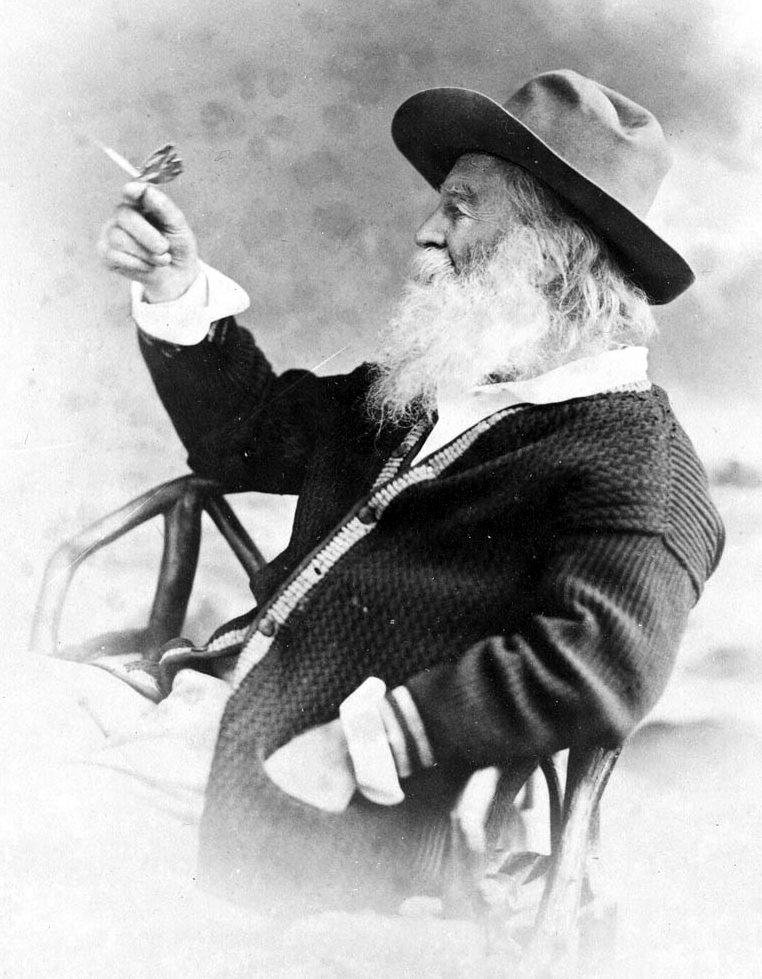
Walt
Whitman (1819–1892) is perhaps the most distinctly American of the
early U.S. poets. Alive and sprawling, Whitman’s poems are unorthodox and
fiercely democratic. His vision of freedom is well-articulated in the 1855
introduction of Leaves of Grass, where he writes: “This is what you
shall do: love the earth and sun and the animals, despise riches, give alms to
every one that asks, stand up for the stupid and crazy, devote your income and
labor to others, hate tyrants, argue not concerning God, have patience and
indulgence towards the people, take off your hat to nothing known or unknown or
to any man or number of men, go freely with powerful uneducated persons and
with the young and with the mothers of families, read these leaves in the open
air every season of every year of your life, reexamine all you have been told
at school or church or in any book, dismiss whatever insults your own soul, and
your very flesh shall be a great poem and have the richest fluency not only in
its words but in the silent lines of its lips and face and between the lashes
of your eyes and in every motion and joint of your body.” Whitman’s work
continues to be a major influence in the U.S. and abroad, exemplifying the
inextricability of content and form. As Whitman wrote in his poem “So Long!” …
“Camerado, this is no book, / Who touches this touches a man, / (Is it night?
are we here together alone?) / It is I you hold and who holds you, / I spring
from the pages into your arms—decease calls me forth.”